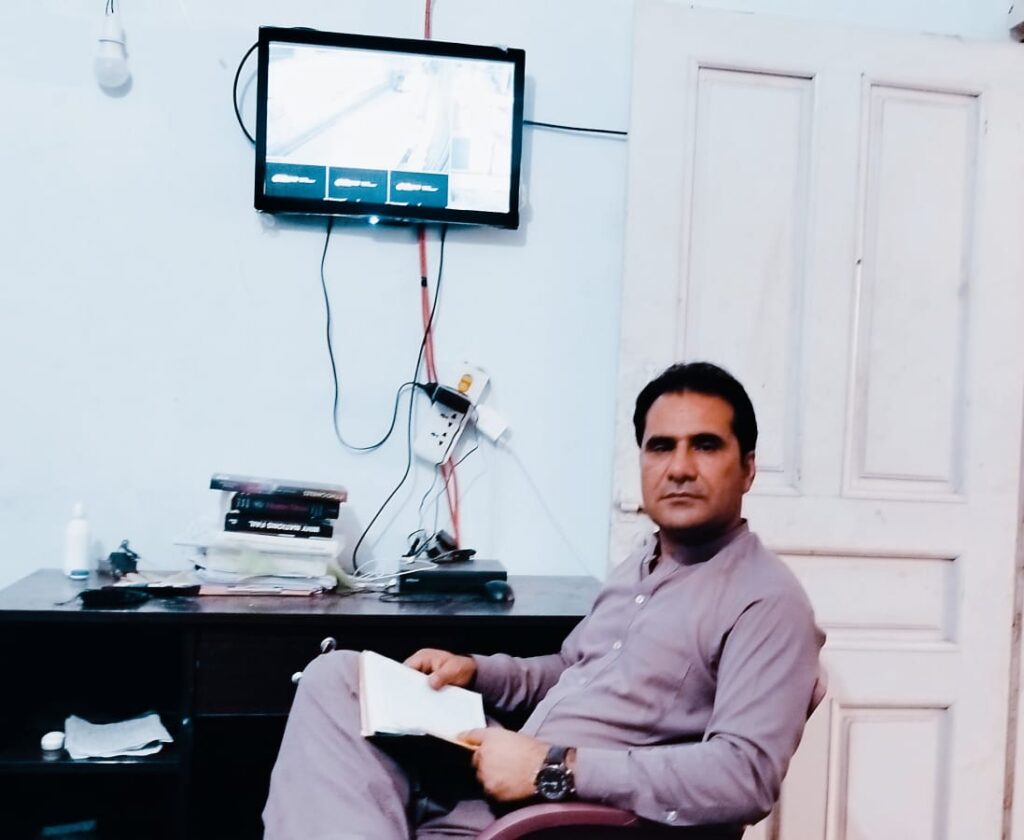
Introduction
In October 2023, a rather bizarre piece of news from Pakistan made the national and international news: a professor was forced by the clerics to apologise for teaching the theory of evolution and demanding basic human freedoms for women. Professor Sher Ali lives in Bannu, a Pashtun-majority conservative city in the Khyber Pakhtunkhwa province of Pakistan; many of its nearby villages are under Taliban control. Wanting to know more about this man standing up to the darkness in such a remote corner, I interviewed Sher Ali at the academy where he gives tuition to intermediate-level students. He is a well-read and humble person and provided much insight during our interview, a translated and edited transcript of which is below. I hope that the example of this brave and good man inspires others in Pakistan to embrace enlightenment over dogma.
Interview
Ehtesham Hassan: Please tell us about yourself. Who is Professor Sher Ali?
Sher Ali: I come from a small village in the area of Domel near the mountains. It borders the Waziristan District, not far from the Afghanistan border. My village is a very remote area and lacks basic facilities even today. In my childhood, we travelled for kilometres and used animals to bring clean drinking water to the village.
I started my educational journey in a school in a hut. In those days there was no electricity available so we would use kerosene oil lanterns to study at night. Luckily two of my uncles ran their schools in the village so I studied there. Both of them were very honest and hardworking. My elder brother would give us home tuition. After primary education, we had to go to a nearby village for further schooling. We would walk daily for kilometres to get to the school. We are four brothers and all of us are night-blind so we were not able to see the blackboard in the school. We would only rely on the teacher’s voice to learn our lessons and we had to write every word we heard from the teacher to make sense of the lessons. This helped sharpen our memories.
My grandfather was a religious cleric and he wanted me to be one also and I was admitted to a madrasa for this purpose. Life in the madrasa was really bad. I had to go door to door in the neighbourhood to collect alms for dinner. Another very disturbing issue was sexual abuse. Many of my classmates were victims of sexual abuse by our teacher. This was very traumatic to witness, so I refused to go to the seminary again.
After completing high school, I came to the city of Bannu for my intermediate and bachelor’s degree at Government Degree College Bannu. For my master’s in zoology, I went to Peshawar University and I later did my MPhil in the same subject from Quaid e Azam University, Islamabad. In 2009 I secured a permanent job as a zoology lecturer and was posted in Mir Ali, Waziristan, where I taught for almost 13 years.
Can you please share your journey of enlightenment?
I come from a very religious society and family. I was extremely religious in my childhood. I would recite the Holy Quran for hours without understanding a word of it. I had memorised all the Muslim prayers and was more capable in this than the other kids. This gave me a good social standing among them.
When I started studying at the University of Peshawar, I visited the library regularly and started looking to read new books. I found a book about Abraham Lincoln which was very inspiring. Later, I read books on psychology and philosophy which gave me new perspectives. But even after reading such books, I was extremely religious. One thing I want to mention is that after the September 11 attacks in the US, I was even willing to go to Afghanistan for Jihad against the infidels.
During my studies in Islamabad, I met Dr Akif Khan. He used to discuss various ideas with me and he introduced me to new books and authors. He also added me to many freethinker groups on Facebook. In these groups, I met many Pakistani liberal and progressive thinkers and I regularly read their posts on the situation of our country. This had a substantial impact on my thinking. I started hating religious extremism and I even stopped practicing religion. This change enabled me to see that the Pakistani military establishment and clergy were responsible for the bad situation in my region.
In those days, I also read On the Origin of Species by Charles Darwin, which helped me deeply understand the idea of evolution and natural selection as opposed to creationism. I became tolerant and I started believing in pluralism. I began to realise that tolerance for opposing views is very important for the intellectual nourishment of any society. I changed my views from being based on religion to those based on scientific evidence. Any idea not backed by scientific evidence lost its charm for me.
What were the hurdles and obstacles you faced when you started preaching a rationalist worldview?
In 2014 I started a tuition academy where I was teaching the subject of biology to intermediate-level students. My way of teaching is very simple and interesting. I try to break down complex ideas and try to teach the students in their mother tongue, which is Pashto. Gradually my impact increased as more and more students started enrolling in my class. Students were amazed by the simplicity of scientific knowledge and they started asking questions from their families about human origins and the contradictions between religious views and the facts established by evolutionary science.
This started an uproar and I started receiving threatening letters from the Taliban. On the fateful day of 19 May 2022, I was travelling back from my college in Mir Ali to my home in Bannu when a bomb that was fit under my car went off. It was a terrible incident. I lost my left leg and was in trauma care for months. But finally, after six months, I recovered enough to start teaching again. I wanted to continue my mission because education is the best way to fight the darkness.
Could you tell us about the controversy over your teaching last year?
In September 2023, local mullahs and Taliban in Domel Bazar announced that women would not be allowed to come out in the markets and the public square. This was a shocking development. I was worried about the future of my village and surrounding areas if such things kept happening.
I, along with some like-minded friends and students, decided to conduct a seminar about the importance of women’s empowerment. In that seminar, I made a speech and criticised the decision to ban women from the public square I also criticised the concept of the burqa and how it hides women’s identity. I talked about the freedom of women in other Islamic countries like Turkey and Egypt. I clearly stated that banning any individual from the right of movement is a violation of fundamental rights enshrined in the constitution of Pakistan.
This speech sent shockwaves through Taliban and mullahs alike. Local mullahs started a hate/smear campaign against me. They started naming me in all their sermons and a coordinated social boycott campaign was launched against me. My father is 90 years old and he was really worried. My elder brother and my family were also being pressured. It was a very tough time for me. I feared for my family’s safety.
Ten days later, the local administration and police contacted me about this issue. They wanted to resolve the issue peacefully, so I cooperated with them and in the presence of a District Police Officer and more than 20 mullahs, I signed a peace agreement saying that I apologised if any of my words had hurt anyone’s sentiments. The mullahs then agreed to stop the hate campaign against me. But later that night, around midnight, I received a call from the Deputy Commissioner telling me that the mullahs had gone back on the agreement and were trying to legally tangle me using Pakistan’s notorious blasphemy laws.
I was advised to leave the city immediately, but I refused to leave my residence. The district administration then provided me with security personnel to guard me. During this period, I met many religious leaders who I thought were moderate and many promised to stand with me. A week later, I received a call from the ISI, the Pakistani intelligence agency, telling me that a major wanted to meet me.
Since I was vocally opposed to the military establishment on social media, I feared that they might abduct me, but I still went to the cantonment to meet the intelligence officials. They talked about the situation and how to resolve it. The ISI asked the mullahs to stop the campaign against me. I had to apologise again in the Deputy Commissioner’s office in the presence of the mullahs to save my and my family’s lives and the photo of the event went viral on the internet.
After that incident, I changed my approach. Now, I don’t want to attract any attention for some time and I am waiting for the dust to settle. Currently, I see many horrible things happening in my city, but I can’t speak a word about them.
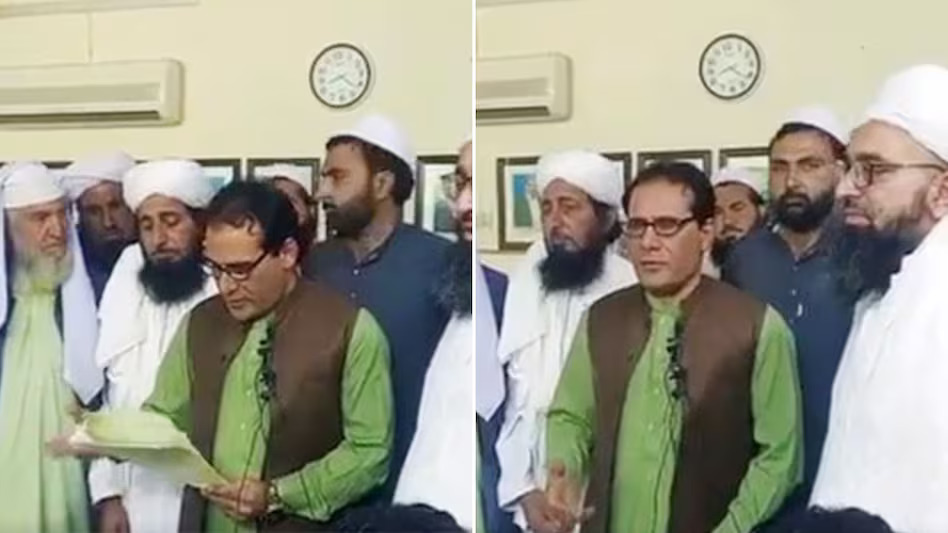
Please share your thoughts about rationalist activism in Pakistan.
A long time ago I made a Facebook post in which I called Pakistani liberal intellectuals ‘touch me not intellectuals’. They block anyone who even slightly disagrees with them. On the other hand, I have added all the religious people from my village on Facebook so that I can present them with an alternative. I sit with the youth of my village. I talk to them. In their language, I give them examples of the problems with religious ideas and military establishments. I support people in different ways. I give free tuition to poor kids and those from religious seminaries. I give small loans to poor people. I let people use my car in emergencies.
In these ways, I am deeply embedded in this society. Many people love me and stand for me and therefore acceptance of my ideas has increased over time. Most young people in my village are now supporters of women’s education and they do not get lured by the bait of Islamic Jihad.
This change, to me, is huge. Don’t alienate and hate people. Own them. Hug them and in simple language, by giving examples from daily life, tell them the truth. People are not stupid. Education and the internet are changing things.
Some people have compared what happened to you with what happened to Galileo. What are your thoughts on that comparison?
There are many similarities. One is the battle between dogma and reason, between religion and scientific evidence. One group believed in the freedom of expression and the other believed in stifling freedom of expression. In both cases, the rationalist had to face a large number of religious people alone. Galileo’s heliocentrism wasn’t a new thing at that time. He developed it by studying previous scientific thinkers. What I teach about evolution isn’t a new thing either. I just studied scientific history and now I am telling it to new generations.
However, there are many differences between the situations. Galileo was a scientist for all practical purposes. He invented the telescope, too, while I am an ordinary science teacher. Galileo’s case was purely scientific but mine is social and scientific. I spoke about women’s empowerment. The last main difference is that many hundred of years ago, the Church had little access to the world of knowledge, while today’s mullahs have access to the internet, so ignorance is not an excuse for them.
Related reading
How the persecution of Ahmadis undermines democracy in Pakistan, by Ayaz Brohi
From the streets to social change: examining the evolution of Pakistan’s Aurat March, by Tehreem Azeem
Surviving Ramadan: An ex-Muslim’s journey in Pakistan’s religious landscape, by Azad
Coerced faith: the battle against forced conversions in Pakistan’s Dalit community, by Shaukat Korai
Breaking the silence: Pakistani ex-Muslims find a voice on social media, by Tehreem Azeem
The power of outrage, by Tehreem Azeem


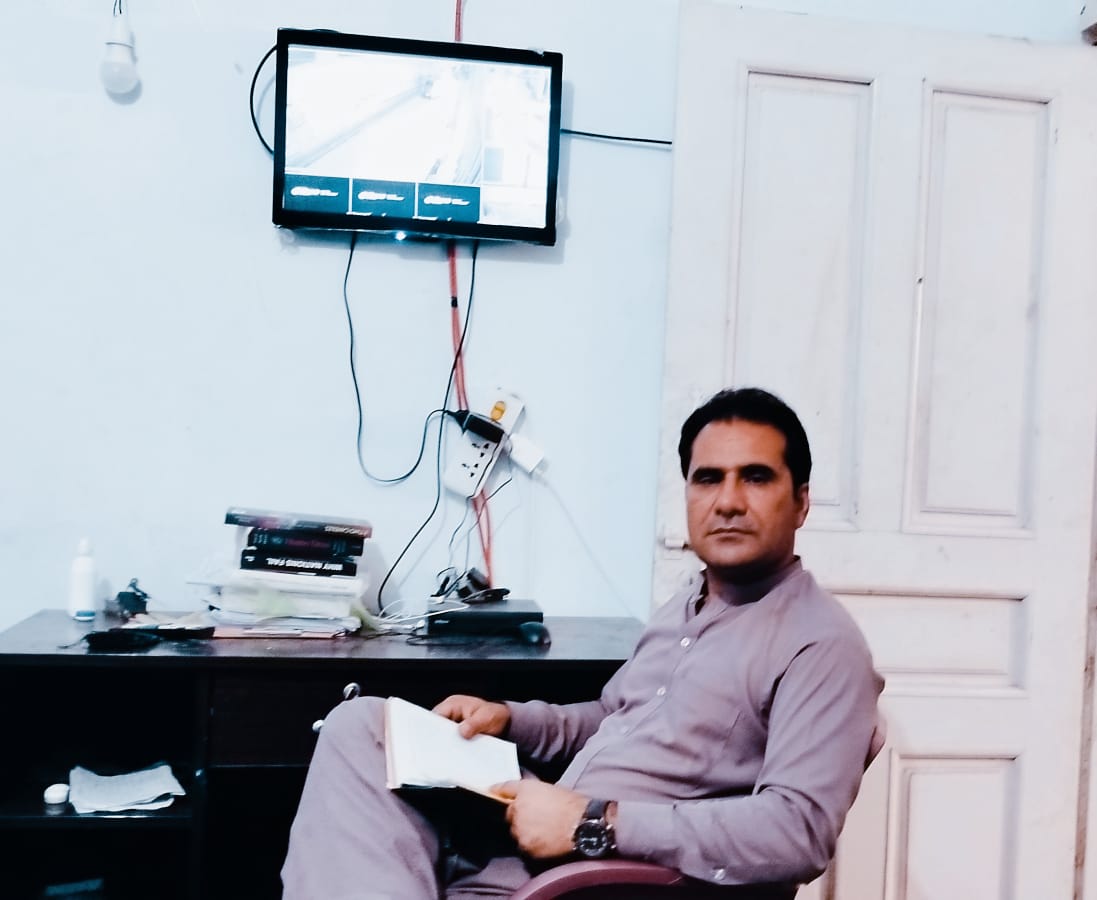
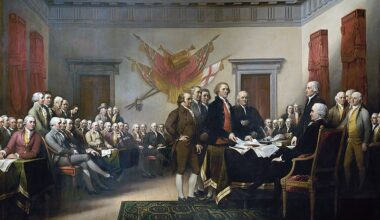
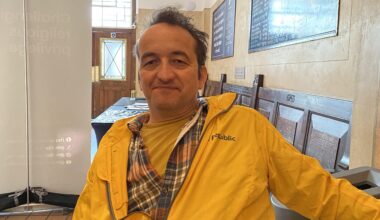
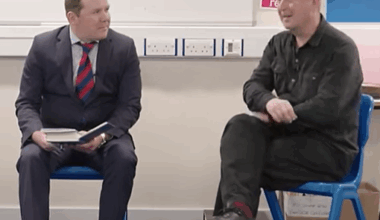
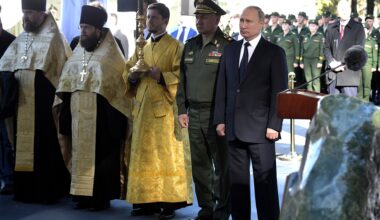
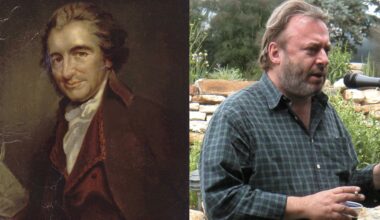
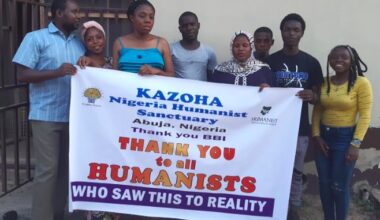
3 comments
Betreen
A great thinker and a man ahead of his time
Proud of you ❤❤
Your email address will not be published. Comments are subject to our Community Guidelines. Required fields are marked *
Donate